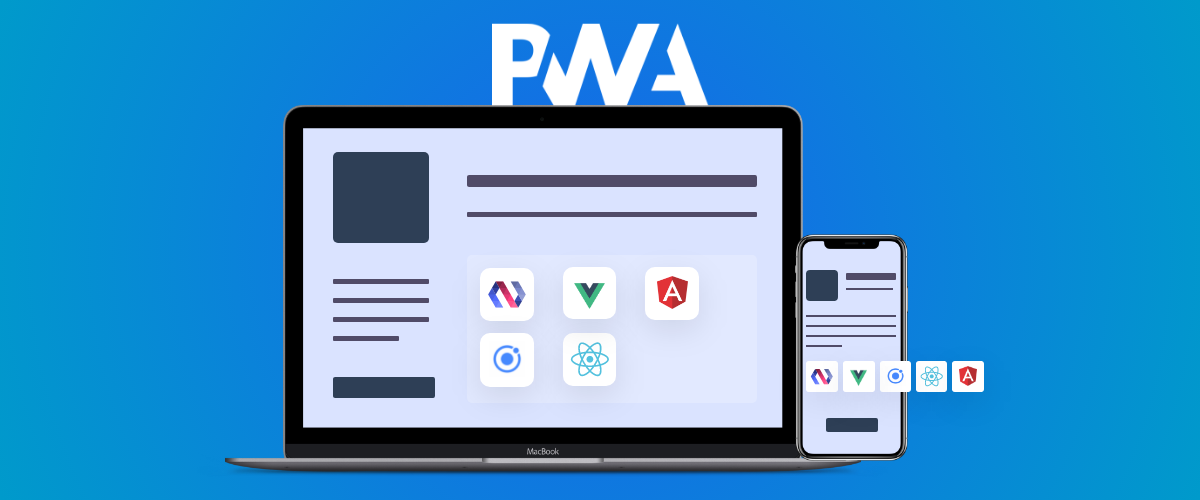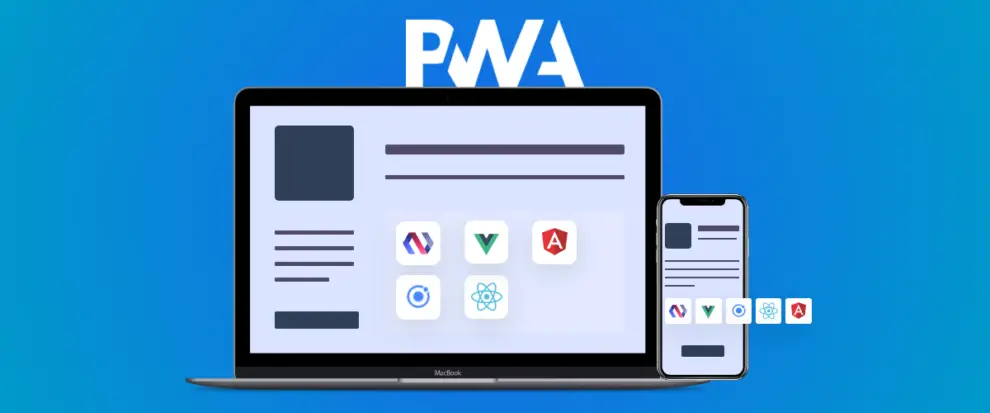Progressive Web Apps are similar to native mobile apps in their functionality but are deployed via the web browser. That makes it platform independent but can provide for the same sort of features as native apps. Those include the ability to function offline, allow push notification, provide device hardware access and so on.
The PWA is developed using standard web technologies such as HTML, CSS, and JavaScript. This should explain its compliance with any standard modern browser while the app can be run on even desktops, or for that matter, any computing device that supports a web browser. In fact, the PWA can also be viewed as a sort of a webpage itself but designed to perform a specific set of tasks by MPS company.

The benefits of a PWA are manifold. Not only are they easy to develop and deploy, maintaining them aren’t much of a hassle either. Their compatibility with any platform or device type can also be considered its biggest positives. In comparison, native mobile apps require a lot more effort and time to develop and maintain. And get more, they are tied to the specific device type and platform, which again limits its availability right away.
The PWA also provides a lot of advantages from the user’s point of view. For there is no need for you to search for an app in the app store, download it followed by installing it on your device. It is only after you have gone through these steps that the app is accessible to you.
In comparison, accessing a PWA requires the same effort and time as opening a webpage. You also get to start using it right away though you can also install it on your device, thereby making it all the more readily available. That makes it like the best of both worlds, of both an app as well as a webpage.
That said, you shouldn’t be led into thinking native apps are all bad and PWA is the future. Rather, both can complement each other to ensure perfect co-existence. In fact, native apps are harder to break into and provide for a more intimate user experience that again is closely matched to the device and platform you are using.
That is not all as studies have also shown native apps to be better off when it comes to user retention. Users have been found to be more inclined to launch a mobile app than a PWA as well. Further, a mobile app is less data-intensive and boasts of better performance compared to PWA.
Interestingly, mobile apps too had started out as web apps in the beginning, before getting a different stature of its own as native apps. Such apps also have begun to be distributed via app stores, thereby making the entire app ecosystem to be a tightly controlled entity of the respective companies.
In contrast, PWA is more independent in nature and is meant for user interaction on-the-fly. It is easy to develop and maintain, companies can quickly release a PWA to highlight a particular aspect of their business or to engage with a special client base. Recent advances in web technologies have also ensured PWA to be a lot more secure, thereby ensuring the ability of such apps’ to handle sensitive info as well.




